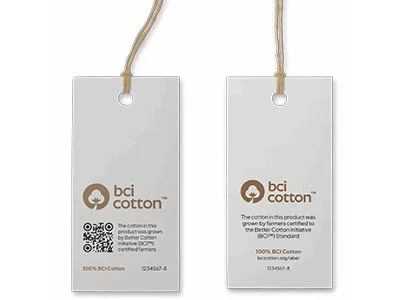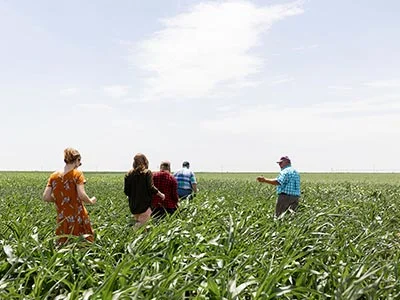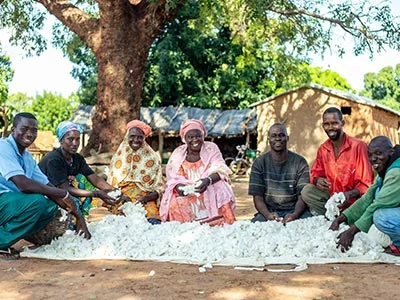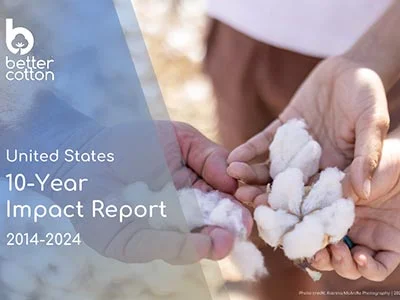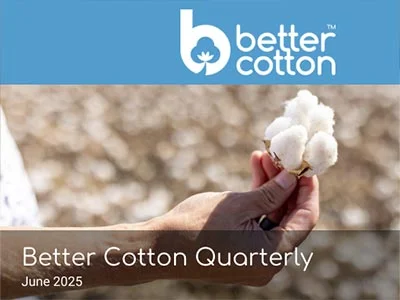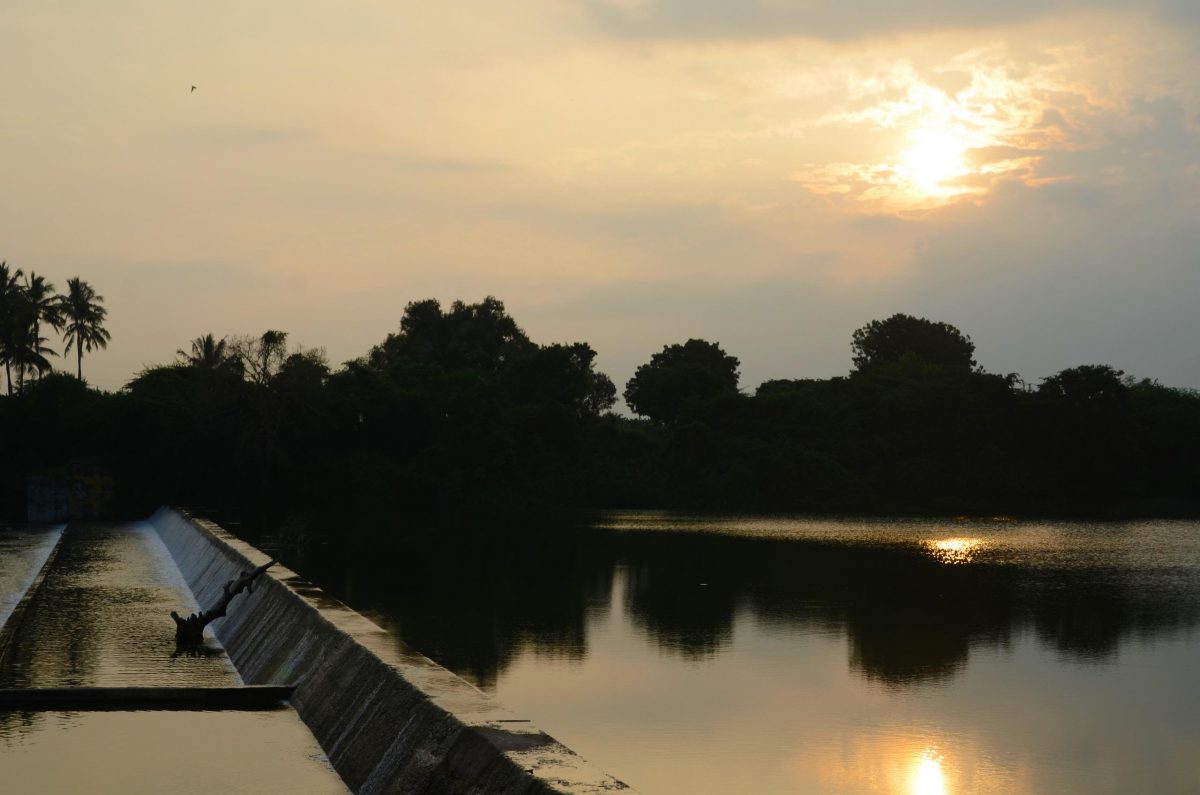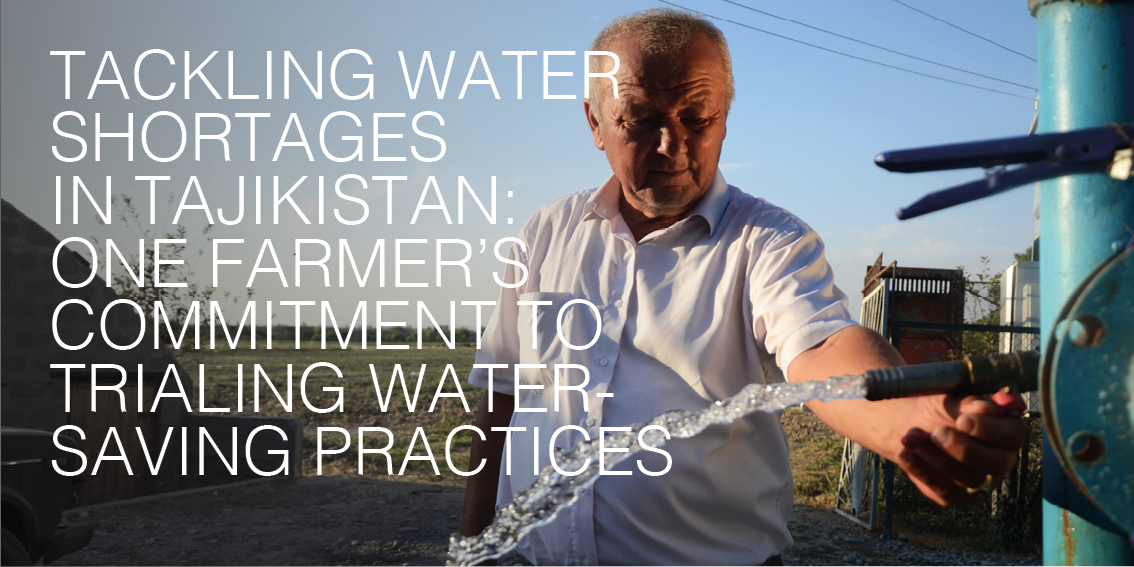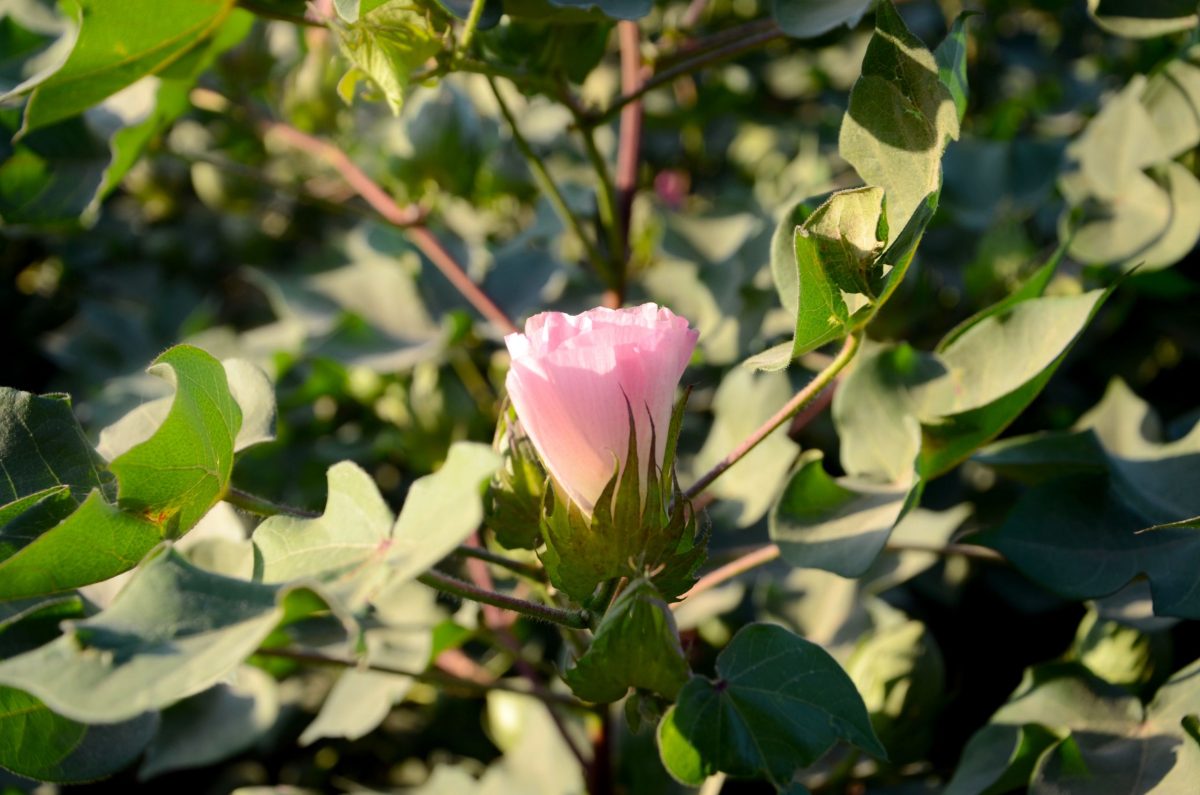Sustainable Cotton Standards and Programmes Make Progress Towards Aligned Impact Measurement and Reporting
At the Better Cotton Initiative (BCI) we know how important it is to measure the impacts of our own work on cotton producing communities and our shared environmental challenges. Looking at the sector more widely, it is clear that consistent, credible and comparable impact data across the wide range of sustainable cotton standards, programmes and codes is also important, and would encourage more brands and retailers to invest in a switch to more sustainable cotton.
During 2019 and 2020 we have been working collaboratively with fellow sustainable cotton standards, programmes and codes via the Cotton 2040 Impacts Alignment Working Group toalign sustainability impact indicators and metrics for cotton farming systems. The working group included: BCI, Cotton Connect, Cotton Made in Africa, Fairtrade, MyBMP, the Organic Cotton Accelerator and Textile Exchange, with advisory input from ICAC, the ISEAL Alliance and funding support from Laudes Foundation.
The two-year process was facilitated by international sustainability non-profit Forum for the Future as part of the Cotton 2040 Initiative, working in close collaboration with the Delta Project. All partners in this initiative have a shared ambition to harness the benefits from more aligned impact data measurement and reporting: more credible, consistent data, with reduced time, costs, and duplication of efforts for all partners across the cotton system.
Together we have contributed to the development of the Delta Framework – a core set of indicators addressing key social, economic, and environmental issues which are relevant to sustainable cotton. The Delta Framework is voluntary and intended to apply worldwide to any cotton and coffee farming system, with the potential to be expanded to other agricultural commodities over time. Ultimately this common indicator set will help brands and retailers to confidently track the impact of their sustainable cotton sourcing decisions; support upgrading of farmer services to encourage continuous improvement at farm level; and facilitate increasing transparency and communication with consumers.
We are pleased to announce that we have reached a significant milestone in our collaboration. BCI along with the other working group members, has jointly-signed a Memorandum of Understanding – ”The Sustainable Cotton Aligned Impacts Measurement and Reporting Joint Commitment”. This sets out our intention that the Delta Framework will become a credible and shared framework to guide impact measurement and reporting of core sustainability issues of relevance to the cotton sector. During 2020 and 2021 we will be continuing to work with the Delta Project team to help test and refine the indicators and data collection and reporting methodologies. This will include piloting them with farmers and local partners as soon as local circumstances allow to ensure the indicators and methodologies meet the needs of cotton farmers and our partner organisations, including retailers and brands, and also the wider cotton sector.
“The Delta Project was initiated by BCI to respond to the needs of our stakeholders to have access to harmonised information on the outcomes of the different sustainability programmes implemented at farm level. Beyond the development of a common sustainability framework, BCI will ensure that farmers will also benefit from the data they provide, both through learning opportunities and more informed decision making, as well as through better access to more targeted services.” – Eliane Augareils, Monitoring & Evaluation Manager, BCI.
We now encourage all organisations with interests in sustainable cotton to engage with the Delta Project as it moves forward. The draft indicators are publicly available for review and testing. Wider participation across the sector will help to accelerate progress towards alignment, supporting the transition to a sustainable cotton sector. The final indicator framework, including reporting guidance, will be available in 2021.
To receive future updates about this work please contact:
Delta Project: Eliane Augareils
Cotton 2040: Farinoz Daneshpay
Links:
Delta Framework – for further details on the indicator framework
Cotton 2040 Impacts Alignment workstream – for full details of the commitment statement
About Cotton 2040
Cotton 2040 is a platform which aims to accelerate progress and maximise the impact of existing sustainable cotton initiatives, bringing together leading international brands and retailers, sustainable cotton standards, and other stakeholders across the value chain. Facilitated by Forum for the Future, with support from Laudes Foundation, Acclimatise, Anthesis and the World Resources Institute (WRI), Cotton 2040 envisages a sustainable global cotton industry, which is resilient in a changing climate; which uses business models that support sustainable production and livelihoods; and where sustainably produced cotton is the norm.
About the Delta Project
The Delta Project is a joint effort of the Better Cotton Initiative (BCI), the Global Coffee Platform (GCP), the International Coffee Organisation (ICO) and the International Cotton Advisory Committee (ICAC), and it is supported by the ISEAL Innovation Fund. It is seeking to create a common language on sustainability performance across a range of agriculture commodities, starting with cotton and coffee, for measuring, monitoring and reporting progress.
Read more





